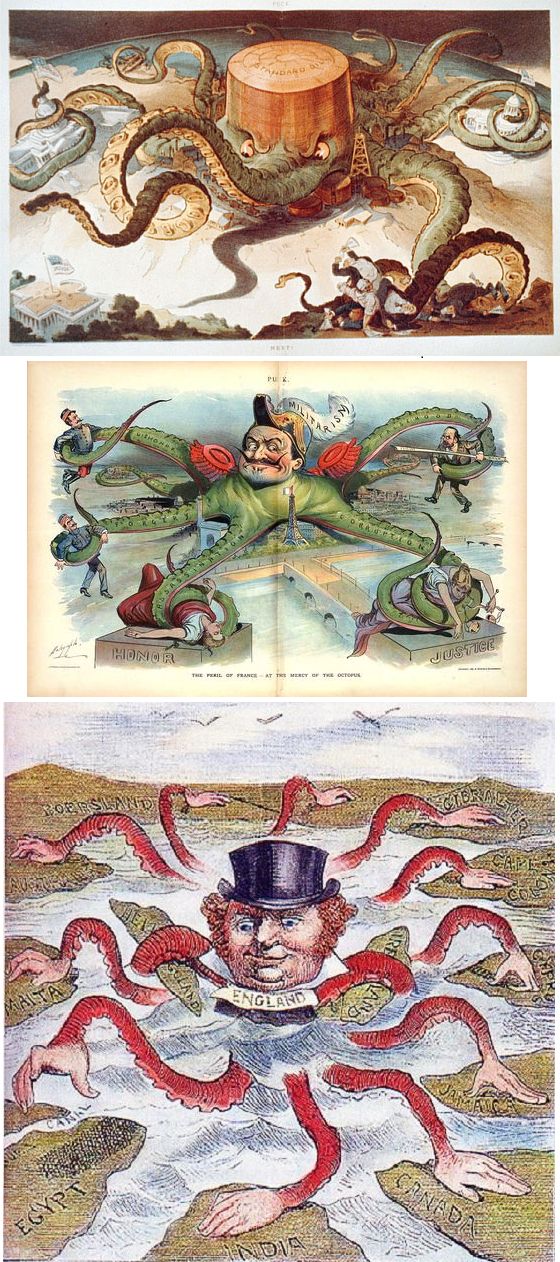The rise to power of the national security state
By Tom Engelhardt
As every schoolchild knows, there are three check-and-balance branches of the U.S. government: the executive, Congress, and the judiciary. That’s bedrock Americanism and the most basic high school civics material. Only one problem: it’s just not so.
During the Cold War years and far more strikingly in the twenty-first century, the U.S. government has evolved. It sprouted a fourth branch: the national security state, whose main characteristic may be an unquenchable urge to expand its power and reach. Admittedly, it still lacks certain formal prerogatives of governmental power. Nonetheless, at a time when Congress and the presidency are in a check-and-balance ballet of inactivity that would have been unimaginable to Americans of earlier eras, the Fourth Branch is an ever more unchecked and unbalanced power center in Washington. Curtained off from accountability by a penumbra of secrecy, its leaders increasingly are making nitty-gritty policy decisions and largely doing what they want, a situation illuminated by a recent controversy over the possible release of a Senate report on CIA rendition and torture practices.
All of this is or should be obvious, but remains surprisingly unacknowledged in our American world. The rise of the Fourth Branch began at a moment of mobilization for a global conflict, World War II. It gained heft and staying power in the Cold War of the second half of the twentieth century, when that other superpower, the Soviet Union, provided the excuse for expansion of every sort.
Its officials bided their time in the years after the fall of the Soviet Union, when “terrorism” had yet to claim the landscape and enemies were in short supply. In the post-9/11 era, in a phony “wartime” atmosphere, fed by trillions of taxpayer dollars, and under the banner of American “safety,” it has grown to unparalleled size and power. So much so that it sparked a building boom in and around the national capital (as well as elsewhere in the country). In their 2010 Washington Post series “Top Secret America,” Dana Priest and William Arkin offered this thumbnail summary of the extent of that boom for the U.S. Intelligence Community: “In Washington and the surrounding area,” they wrote, “33 building complexes for top-secret intelligence work are under construction or have been built since September 2001. Together they occupy the equivalent of almost three Pentagons or 22 U.S. Capitol buildings — about 17 million square feet of space.” And in 2014, the expansion is ongoing.
In this century, a full-scale second “Defense Department,” the Department of Homeland Security, was created. Around it has grown up a mini-version of the military-industrial complex, with the usual set of consultants, K Street lobbyists, political contributions, and power relations: just the sort of edifice that President Eisenhower warned Americans about in his famed farewell address in 1961. In the meantime, the original military-industrial complex has only gained strength and influence.

 When Ian Flemming created the fictional
When Ian Flemming created the fictional  For the
For the 
